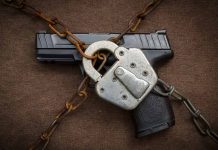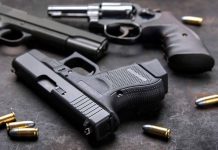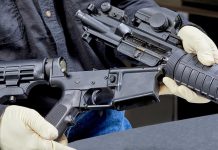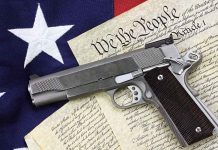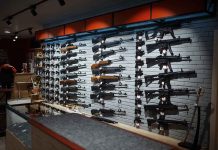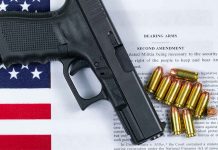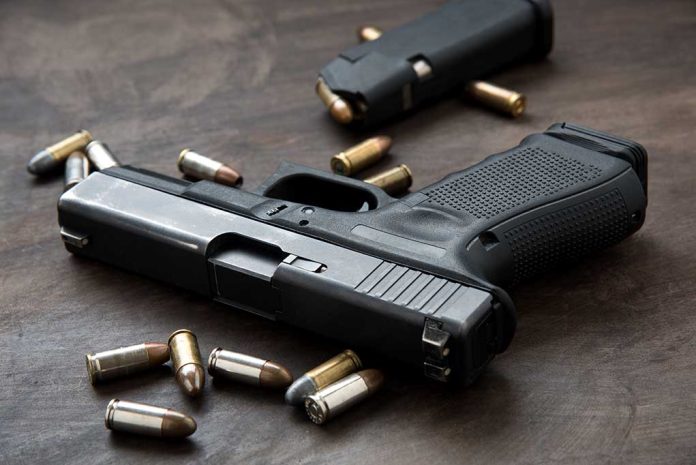
Republican women are outpacing Democratic men in gun ownership, revealing a stark partisan divide in America’s relationship with firearms.
At a Glance
- 33% of Republican women own firearms compared to 29% of Democratic men
- Republican women saw a 14-point increase in firearm ownership from 2013 to 2018
- The gap in gun ownership between political parties has widened from 16 to 28 points since 2007
- Personal protection is the main reason cited for firearm ownership
- Gun policy was a significant issue in the 2024 election
Shifting Landscape of Gun Ownership
Recent data from Gallup reveals a significant shift in the demographics of gun ownership in the United States. Notably, more Republican women now own firearms than Democratic men, highlighting a growing partisan divide in attitudes towards gun ownership. From 2019 to 2024, 33% of Republican women reported owning a firearm, compared to 29% of Democratic men.
This trend is part of a larger pattern of divergence in gun ownership rates between political parties. While the nationwide rate of gun ownership among adults is holding steady at around 30%, Republican women, in particular, have seen a substantial increase in gun ownership, with a 14-point rise from 2013 to 2018.
"Gun ownership among U.S. adults is holding steady near 30%, but that masks a sharp increase in ownership among Republican women offsetting declines among Democratic and independent men." https://t.co/g23cicAspG
— Rob Romano (@2Aupdates) November 21, 2024
Motivations and Demographics
Personal protection emerges as the primary motivation for gun ownership, with 81% of gun owners reporting feeling safer with a firearm. This sentiment is supported by a 2021 Georgetown University study, which estimated approximately 1.67 million incidents of defensive handgun use per year.
The changing demographic landscape of gun ownership reveals interesting patterns. While 43% of men own firearms compared to 20% of women overall, this gender gap has narrowed slightly in recent years. Rural residents are more than twice as likely to own guns compared to urban dwellers, with 50% of rural residents reporting gun ownership versus 20% of urban residents.
Political Implications
The partisan divide in gun ownership has significant political implications. Gun policy was a crucial issue in the 2024 election, with 53% of Trump supporters and 59% of Harris supporters considering it “very important” to their vote. This polarization is further reflected in attitudes towards gun control, with 86% of Democrats who don’t own guns believing it’s too easy to obtain a gun legally in the U.S. according to Pew Research.
Interestingly, support for handgun bans is near an all-time low, with Democrats showing the most significant change in opinion. This shift suggests a complex and evolving landscape of gun ownership and attitudes across political lines.
Broader Trends and Predictors
While gender remains the strongest predictor of gun ownership, its influence has weakened over time. Other significant predictors include household income, rural living, region, political ideology, and age. Republicans are 1.5 times more likely to own a gun than non-Republicans, while Democrats are 1.3 times less likely. The highest gun ownership rates are found among men in rural areas, rural Republicans, and conservatives in rural areas. Conversely, the lowest rates are among young women, young Democrats and Eastern big city residents. These patterns underscore the layered interplay of demographic, geographic, and ideological factors in shaping gun ownership trends across the United States.


